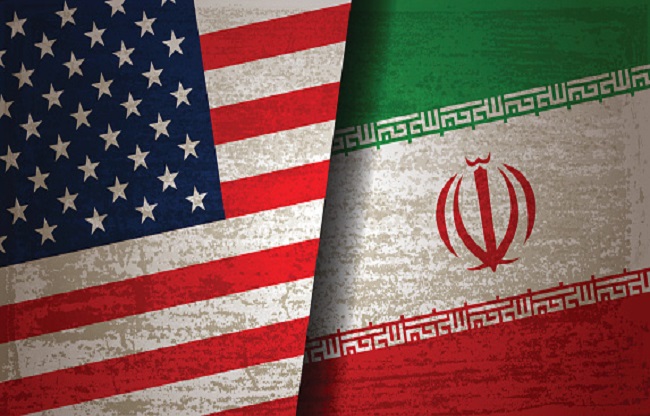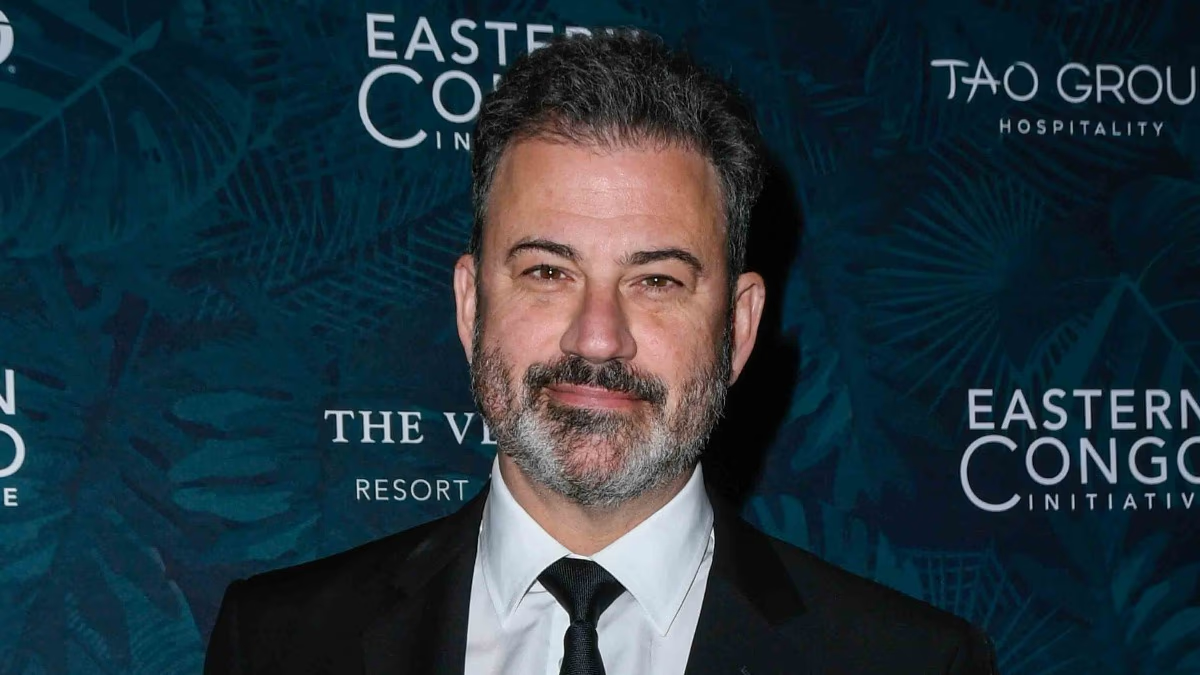First, let's understand who Houthi rebels are, branding America a terrorist nation. This minority Shia Zaidi community's armed group resides in Yemen, with aspirations to extinguish the Western influence of countries like America and Israel from the world. In the '90s, Yemenis launched a campaign to overthrow the then President, Abdullah Saleh, initiated by Hussein Al-Houthi, after whom the organization is named. This group supports any faction opposed to America and Israel.
Anti-American Sentiment Through the Middle East
Countries spanning the Middle East including Bahrain, Cyprus, Egypt, Iran, Iraq, Israel, Jordan, Kuwait, Lebanon, Northern Cyprus, Oman, Palestine, Qatar, Saudi Arabia, Syria, Turkey, UAE, and Yemen, often react so negatively towards America that they align themselves with any voice against it.

Source: aajtak
Allegations of Interference in Internal Affairs
The consensus in the Middle East is that America recurrently intrudes on their internal affairs. An example is Iran, where no anti-American sentiments existed initially. After WWII, tension between the two soared over oil when vast reserves were discovered in Iran. Both America and Britain attempted to establish a government in Iran that favored them, despite Iranian's preference for a different leadership.
During the '50s, America orchestrated a coup to ensure a pro-American government was in power. This caused an upheaval, leading to a civil war-like situation between the US-supported government and the government elected by the Iranian people. The conflict favored Iran, eventually leading to the establishment of an Islamic Republic and, over time, relations with America deteriorated.

Source: aajtak
Israel: A Key Factor in the Rage
The US government was the first to recognize Israel as an independent nation and has continued its support ever since. In contrast, Arab nations oppose Israel and have been advocating for an independent Palestine that includes Jerusalem. Essentially, US foreign policy has cast it as the antagonist in the region.
America's Stake in the Middle East
Since WWII, America has been intent on curtailing Russia's global influence, shaping its foreign policy to have some level of intervention in every nation. It has played the role of a guardian, offering military aid when necessary. In the Middle East, this aligns with America's interests in oil, keeping it actively engaged in the region's affairs.
Despite prevailing negative sentiments among Middle Eastern populations towards America, diplomatic relations persist. Apart from Iran and Syria, dialogue continues with other nations.




